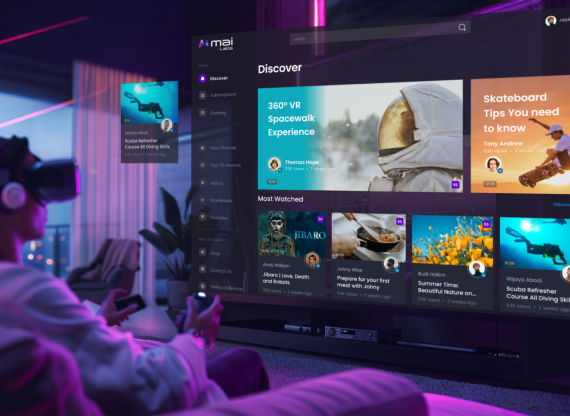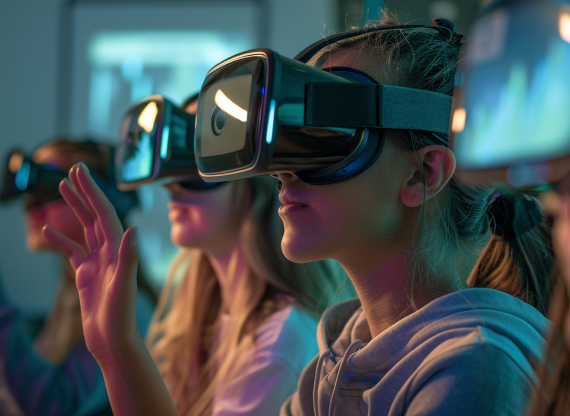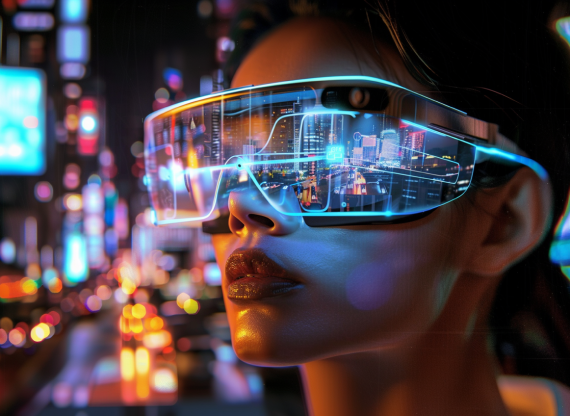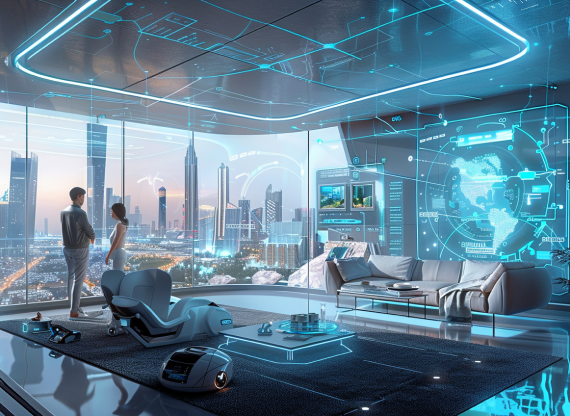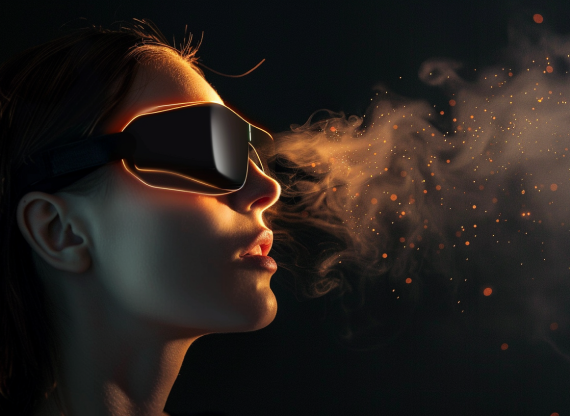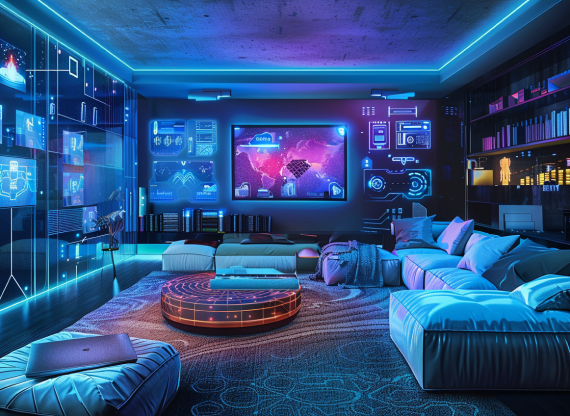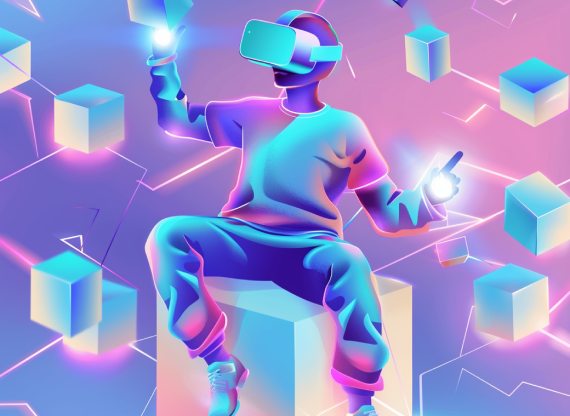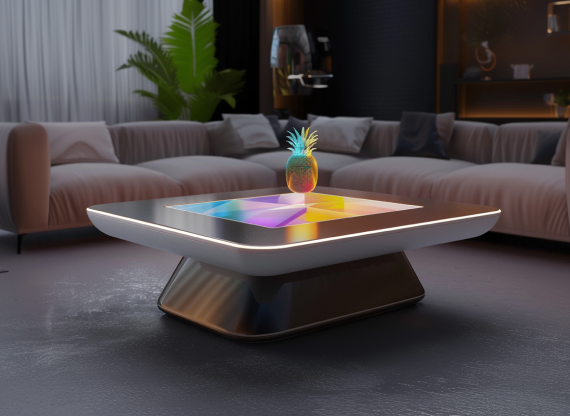In the realm of technology and entertainment, a new frontier is emerging: Extended Reality (XR). XR encompasses a spectrum of immersive technologies, including virtual reality (VR), augmented reality (AR), and mixed reality (MR), that blend the physical and digital worlds to create rich, interactive experiences. As XR continues to evolve, it promises to revolutionize industries ranging from gaming and entertainment to healthcare and education. Let's delve into the transformative potential of XR and explore how it is reshaping the way we perceive and interact with the world around us.
Understanding Extended Reality (XR)
Extended Reality (XR) is an umbrella term that encompasses virtual reality (VR), augmented reality (AR), and mixed reality (MR). Each of these technologies offers a unique immersive experience:
- Virtual Reality (VR): Immerses users in a completely digital environment, blocking out the physical world.
- Augmented Reality (AR): Overlays digital content onto the real world, enhancing the user's perception of their surroundings.
- Mixed Reality (MR): Blends virtual and physical elements, allowing digital objects to interact with the real world.
Applications Across Industries
The applications of XR technology span across various industries, transforming the way we work, play, learn, and interact:
- Gaming and Entertainment: XR enables immersive gaming experiences, where players can step into virtual worlds and interact with digital environments and characters.
- Healthcare: XR is revolutionizing medical training, patient care, and therapy by providing realistic simulations and interactive experiences.
- Education: XR enhances learning by creating immersive educational content, allowing students to explore historical sites, conduct virtual experiments, and engage with complex concepts in a hands-on manner.
- Retail and Marketing: AR is reshaping the retail landscape by allowing customers to visualize products in their own space before making a purchase, while VR is being used to create immersive brand experiences and virtual showrooms.
- Architecture and Design: XR technology enables architects and designers to visualize and interact with their creations in 3D, facilitating better communication and collaboration throughout the design process.
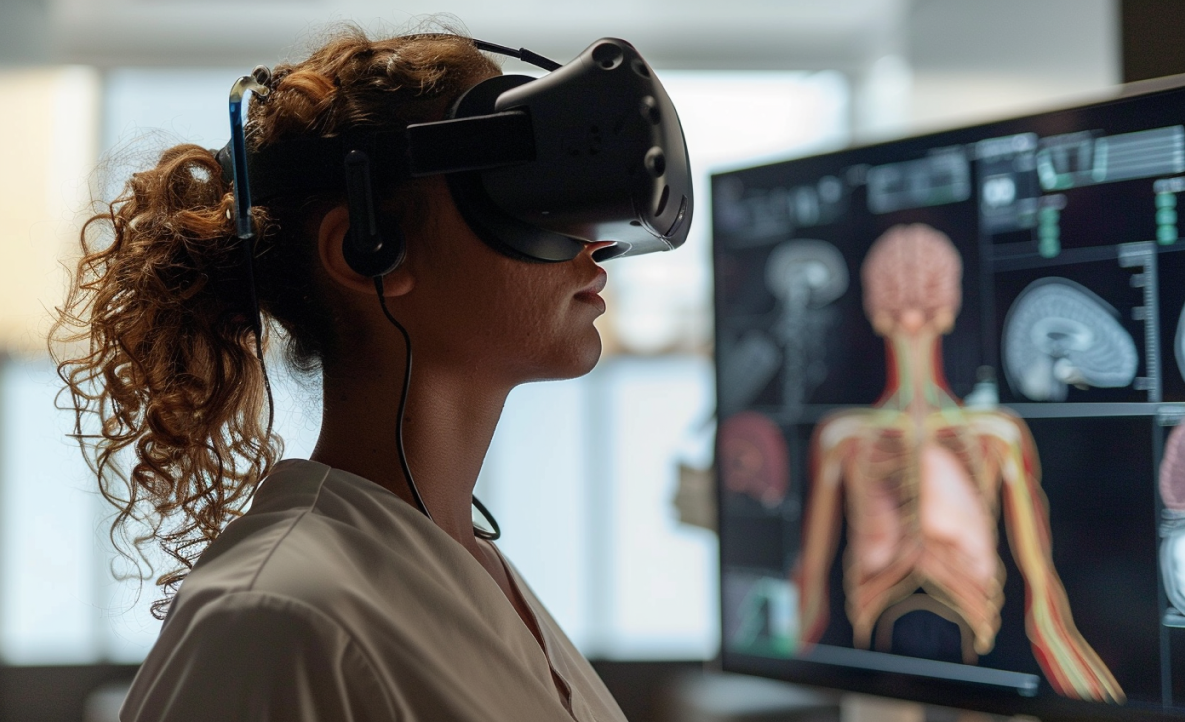
Challenges and Opportunities
While XR offers immense potential, it also presents challenges that must be addressed:
- Technical Complexity: Developing XR experiences requires specialized skills and resources, making it inaccessible to some developers and organizations.
- User Experience: Ensuring a seamless and comfortable user experience is crucial for widespread adoption of XR technology.
- Education: XR enhances learning by creating immersive educational content, allowing students to explore historical sites, conduct virtual experiments, and engage with complex concepts in a hands-on manner.
- Privacy and Ethical Concerns: XR raises concerns about data privacy, security, and ethical use of immersive technologies, necessitating careful regulation and oversight.
- Despite these challenges, XR presents vast opportunities for innovation and growth, with the potential to transform industries and enhance human experience in ways previously unimaginable.
Despite these challenges, XR presents vast opportunities for innovation and growth, with the potential to transform industries and enhance human experience in ways previously unimaginable.
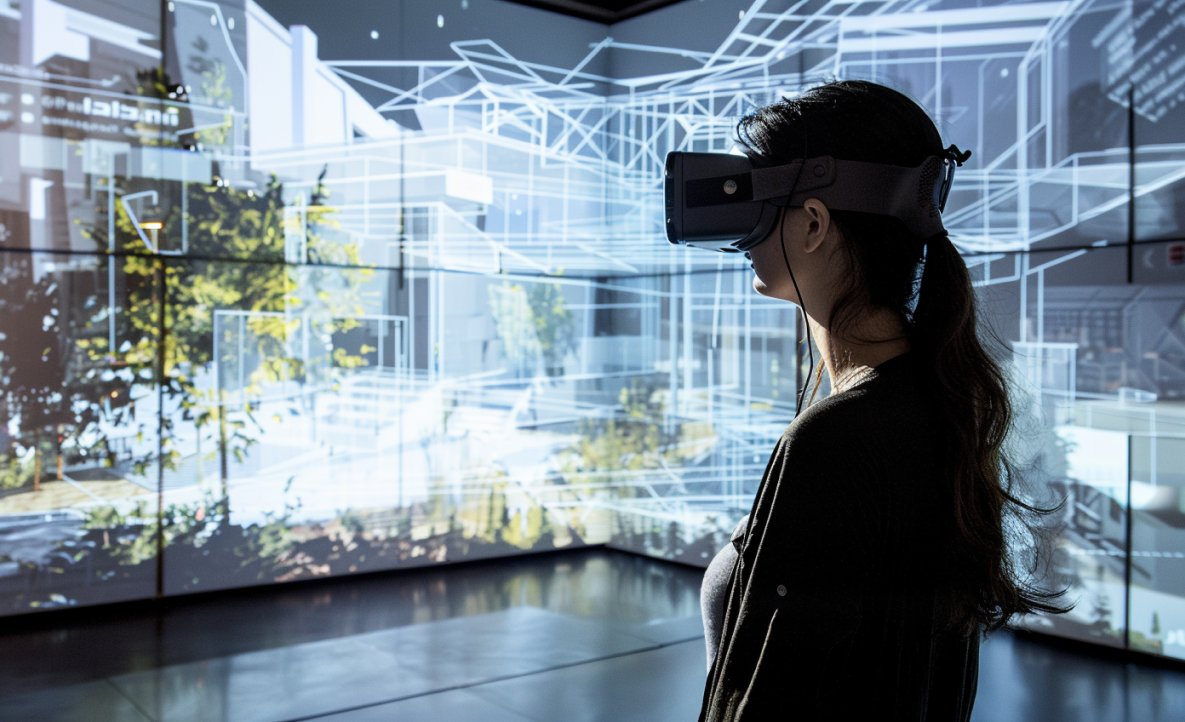
The Future of XR
As XR technology continues to evolve, we can expect to see even more immersive and interactive experiences that blur the lines between the physical and digital worlds. From virtual meetings and remote collaboration to immersive storytelling and virtual tourism, the possibilities are endless. XR is not just a technology; it's a paradigm shift that is redefining human experience and shaping the future of how we interact with the world around us.
In conclusion, Extended Reality (XR) represents a transformative force that is reshaping the way we perceive and interact with our environment. With its ability to blend the physical and digital worlds, XR is revolutionizing industries, enhancing entertainment experiences, and opening up new possibilities for education, healthcare, and beyond. As XR continues to evolve, it promises to unlock new levels of immersion, creativity, and human connection, ushering in a new era of innovation and exploration.


